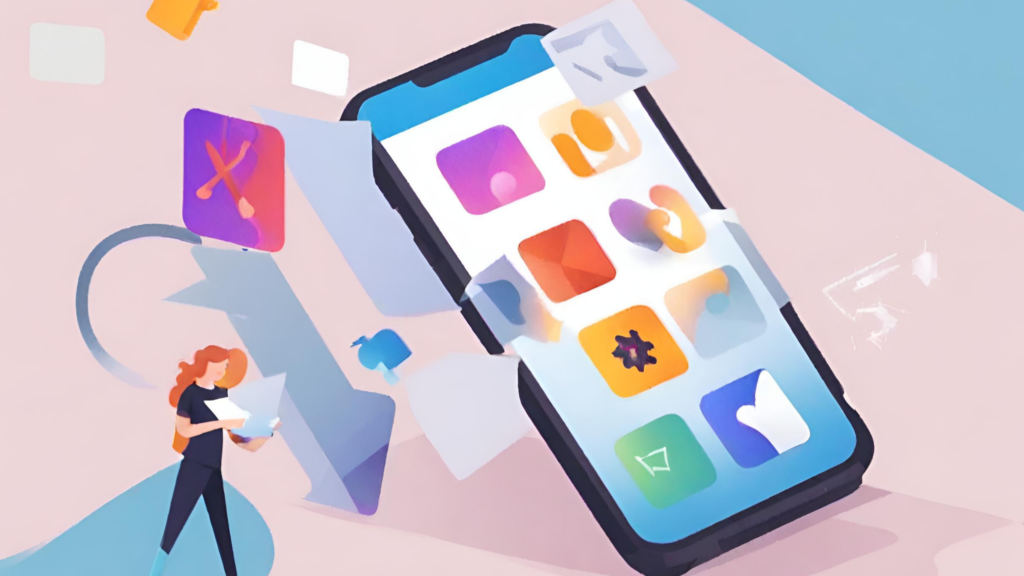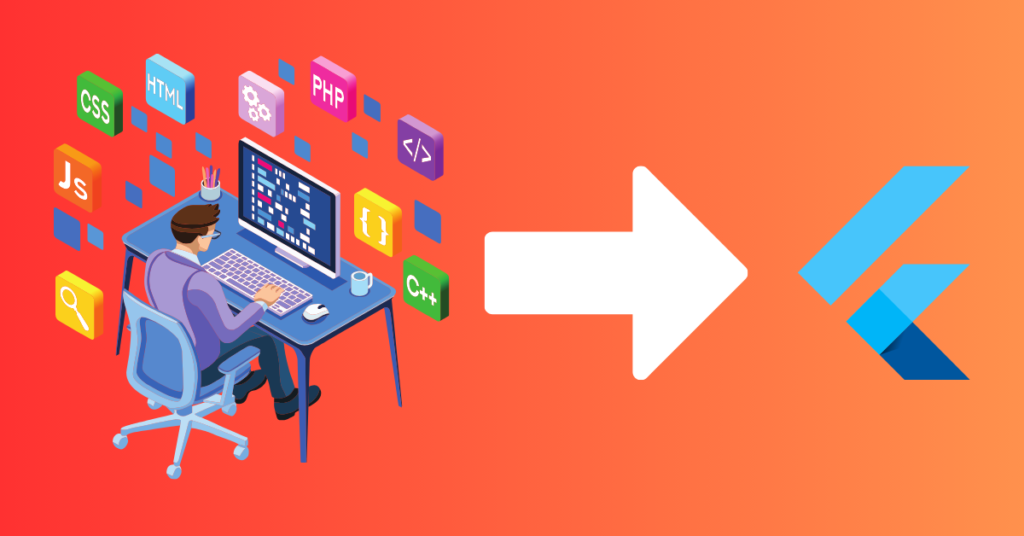I first started developing mobile apps in 2019 with Java. I quickly realized that Java was a bit too complex for me, so I switched to Kotlin in 2020. Kotlin was a great improvement, but I still found it difficult to create some widgets. Additionally, Kotlin was only available for Android at the time.
In 2021, I discovered Flutter. I was immediately drawn to the fact that Flutter could be used to create native-quality apps for both Android and iOS using a single codebase. I also found the widget system to be very intuitive and easy to use.
I started developing apps with Flutter in early 2021, and I quickly fell in love with the framework. I found that I could create apps much faster and easier with Flutter than with Kotlin.
Here are some of the specific reasons why I switched to Flutter:
- Performance: Flutter apps are compiled to native code, which means they run as fast as native apps. This is important for me because I want my apps to provide a smooth and responsive user experience.
- Ease of use: Flutter has a simple, declarative syntax that makes it easy to learn and use. This is important for me because I am a self-taught developer.
- Cross-platform support: Flutter can be used to create native-quality apps for both Android and iOS using a single codebase. This is important for me because I want to reach a wider audience.
- Widget system: Flutter’s widget system is very intuitive and easy to use. This makes it easy to create beautiful and engaging user interfaces.
I am now a full-time Flutter developer, and I am very happy with the decision I made. I believe that Flutter is the best framework for mobile app development.
If you are considering switching to Flutter, I highly recommend it. You won’t be disappointed.
Here are some specific examples of how Flutter has helped me to create better mobile apps:
- I was able to create a complex, data-driven app with Flutter that would have been much more difficult to build with a traditional cross-platform framework.
- I was able to improve the performance of my apps by using Flutter’s native code compilation.
- I was able to shorten my development time by using Flutter’s hot reload feature.
I am confident that Flutter will continue to be a leading framework for mobile app development in the years to come.
How Flutter Works
Flutter is a cross-platform mobile app development framework that allows developers to create native-quality apps for both Android and iOS using a single codebase.
Flutter works by using a widget-based approach to UI development. Widgets are pre-built user interface components that can be combined to create complex layouts. Flutter provides a wide range of widgets to choose from, including buttons, text fields, images, and more.
Flutter apps are written in the Dart programming language. Dart is a modern, object-oriented programming language that is designed to be concise and expressive.
When a developer writes a Flutter app, the code is compiled to native code for the target platform. This means that Flutter apps run as fast and efficiently as native apps.
Flutter also offers a number of other features that make it a powerful and versatile framework for mobile app development. These features include:
- Hot reload: Hot reload allows developers to make changes to their code and see the results immediately, without having to restart the app. This can save a significant amount of time during development.
- Performance: Flutter apps are known for their excellent performance. This is due to the fact that Flutter apps are compiled to native code.
- Ease of use: Flutter has a simple, declarative syntax that makes it easy to learn and use.
Here is a high-level overview of how Flutter works:
- The developer writes the app in Dart.
- The Dart code is compiled to native code for the target platform.
- The native code is used to create the app’s UI.
- The app is run on the target device.
Flutter is a powerful and versatile framework that can be used to create high-quality, native-quality mobile apps. It is a great choice for developers who want to create apps that are fast, efficient, and easy to use.


